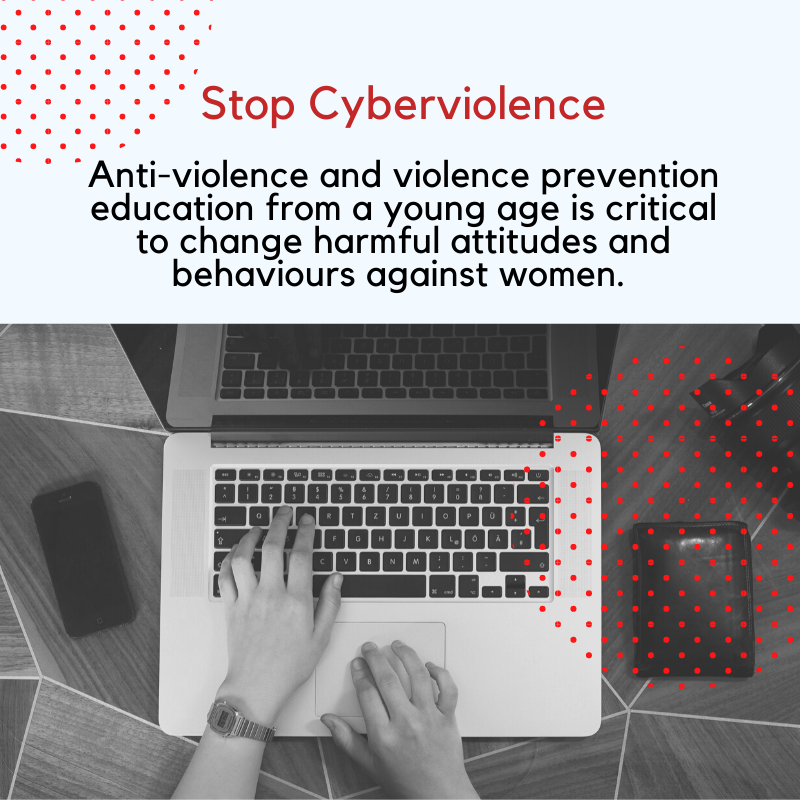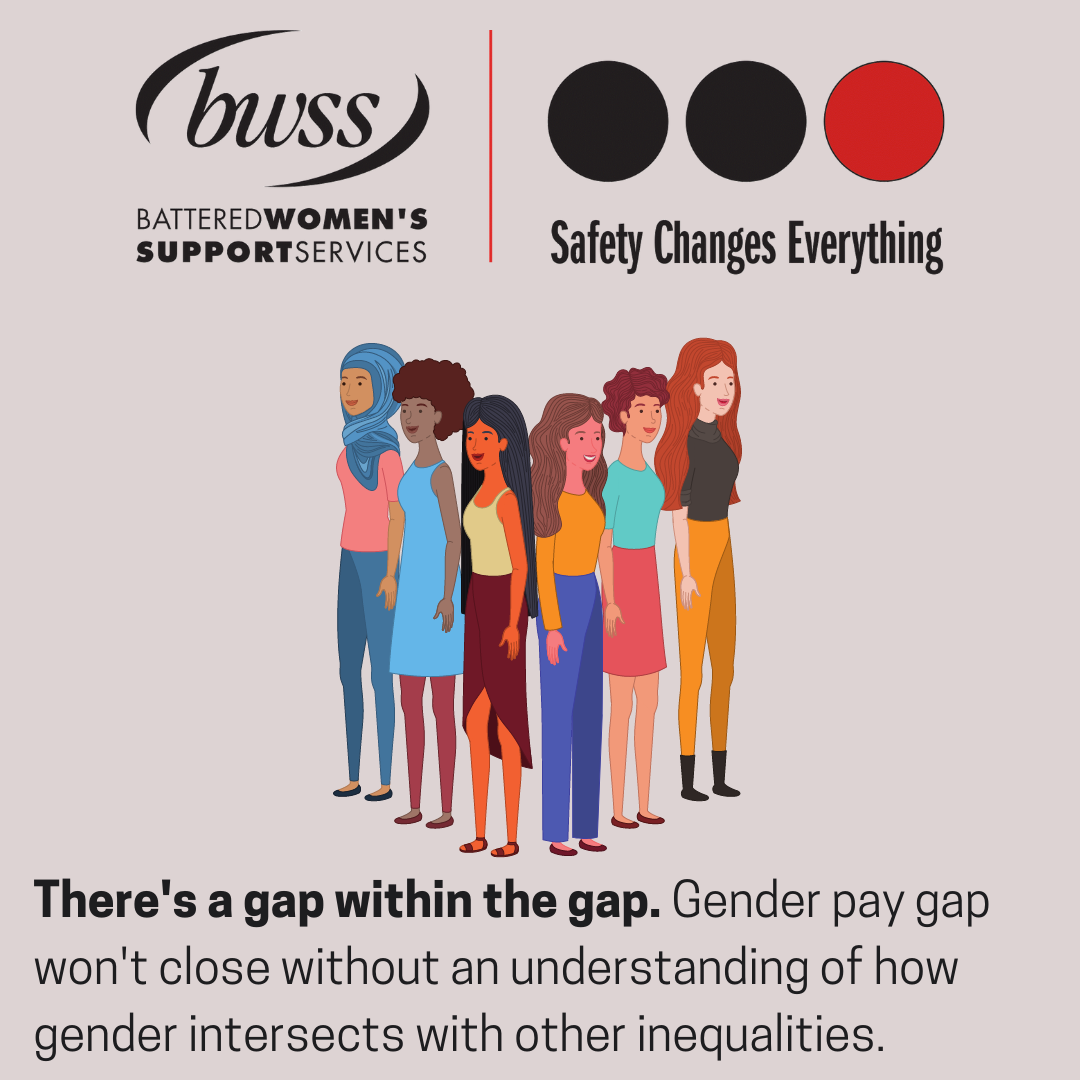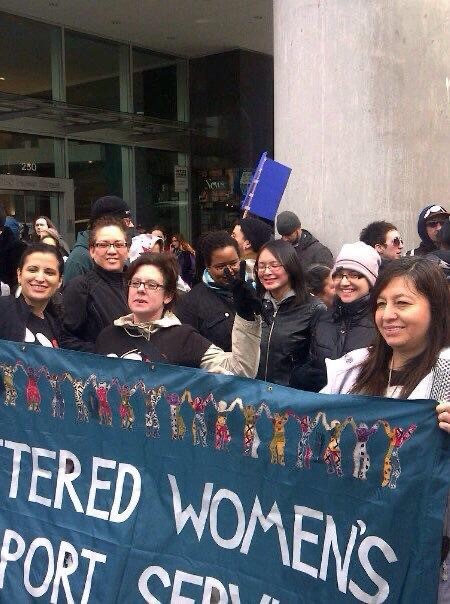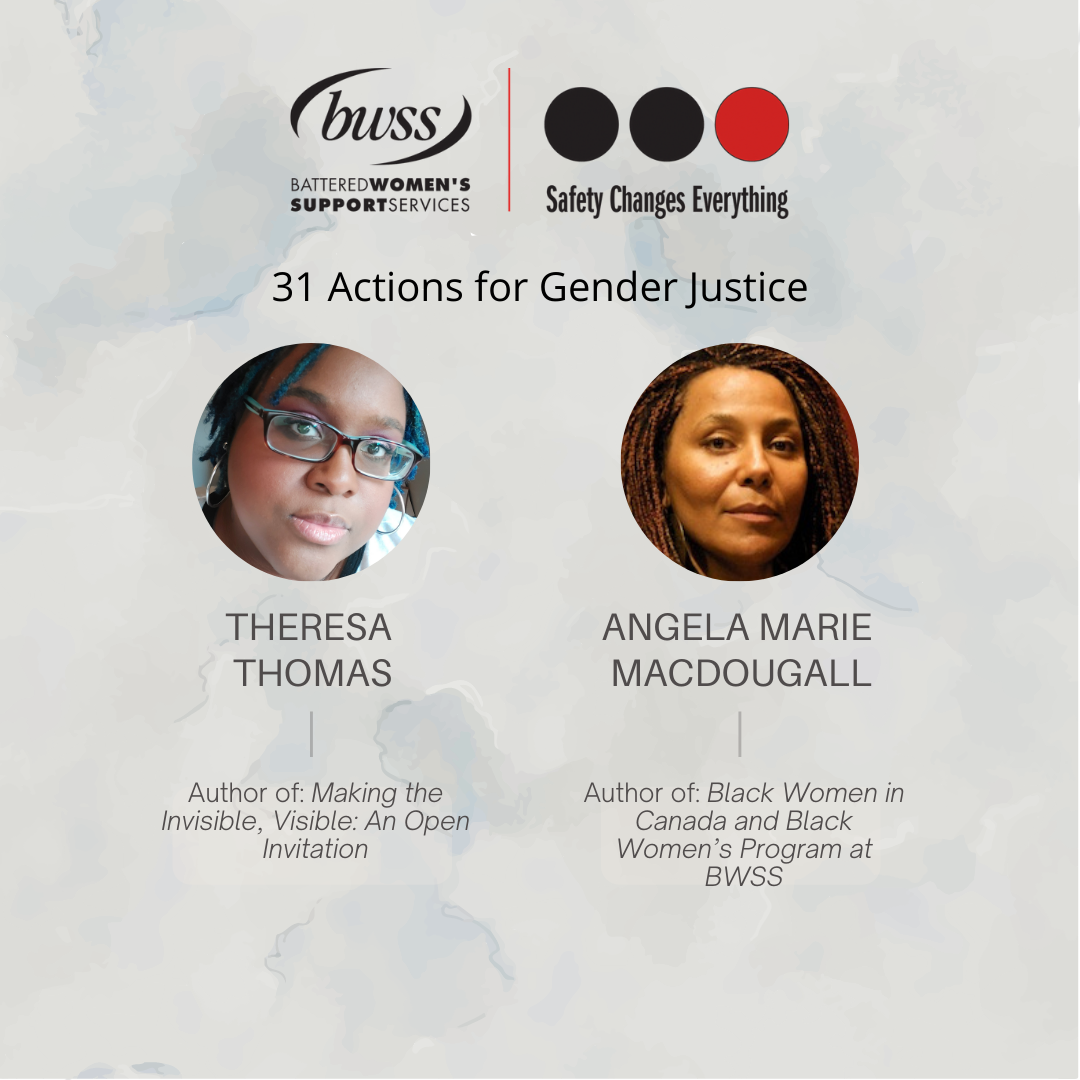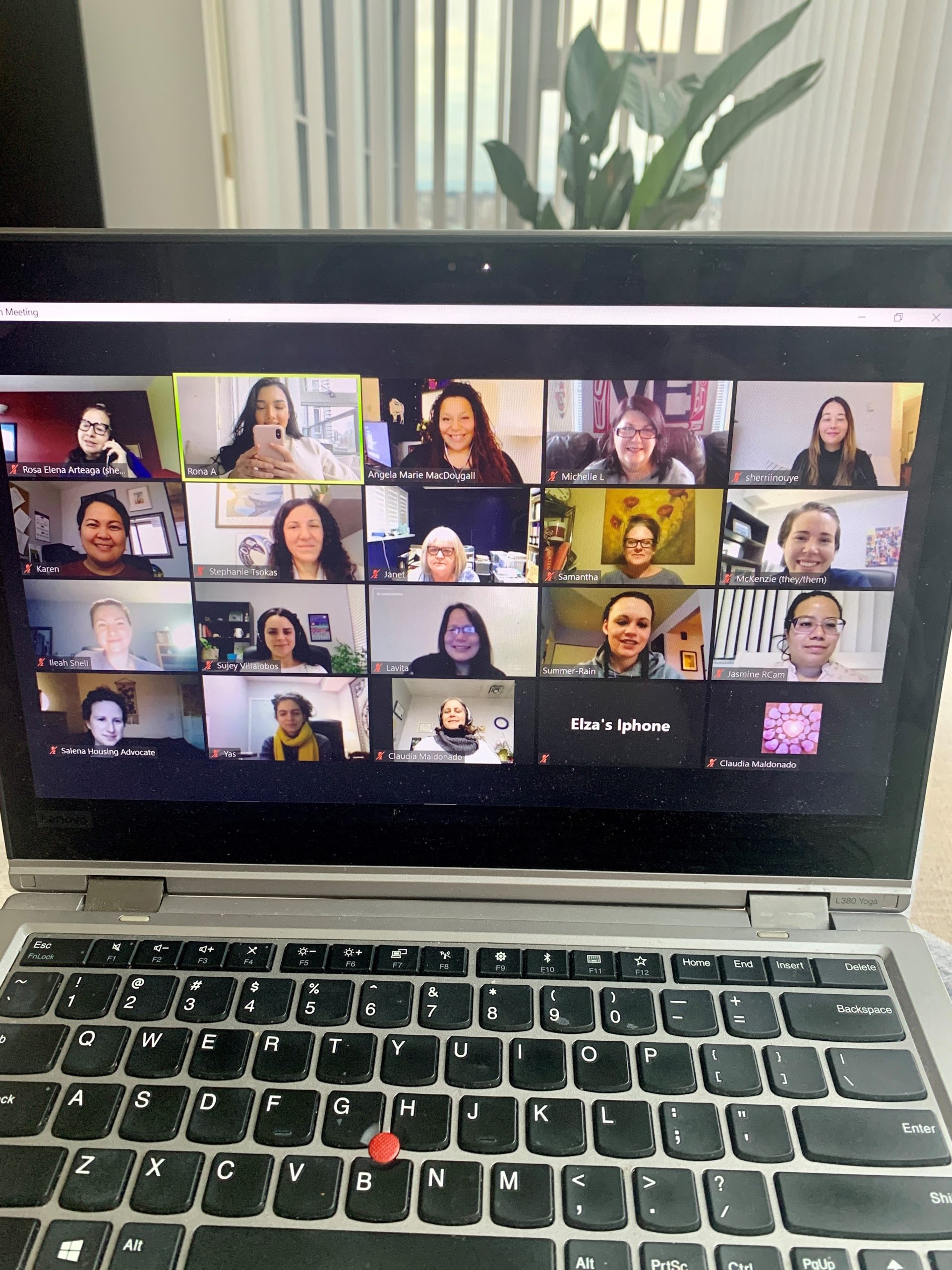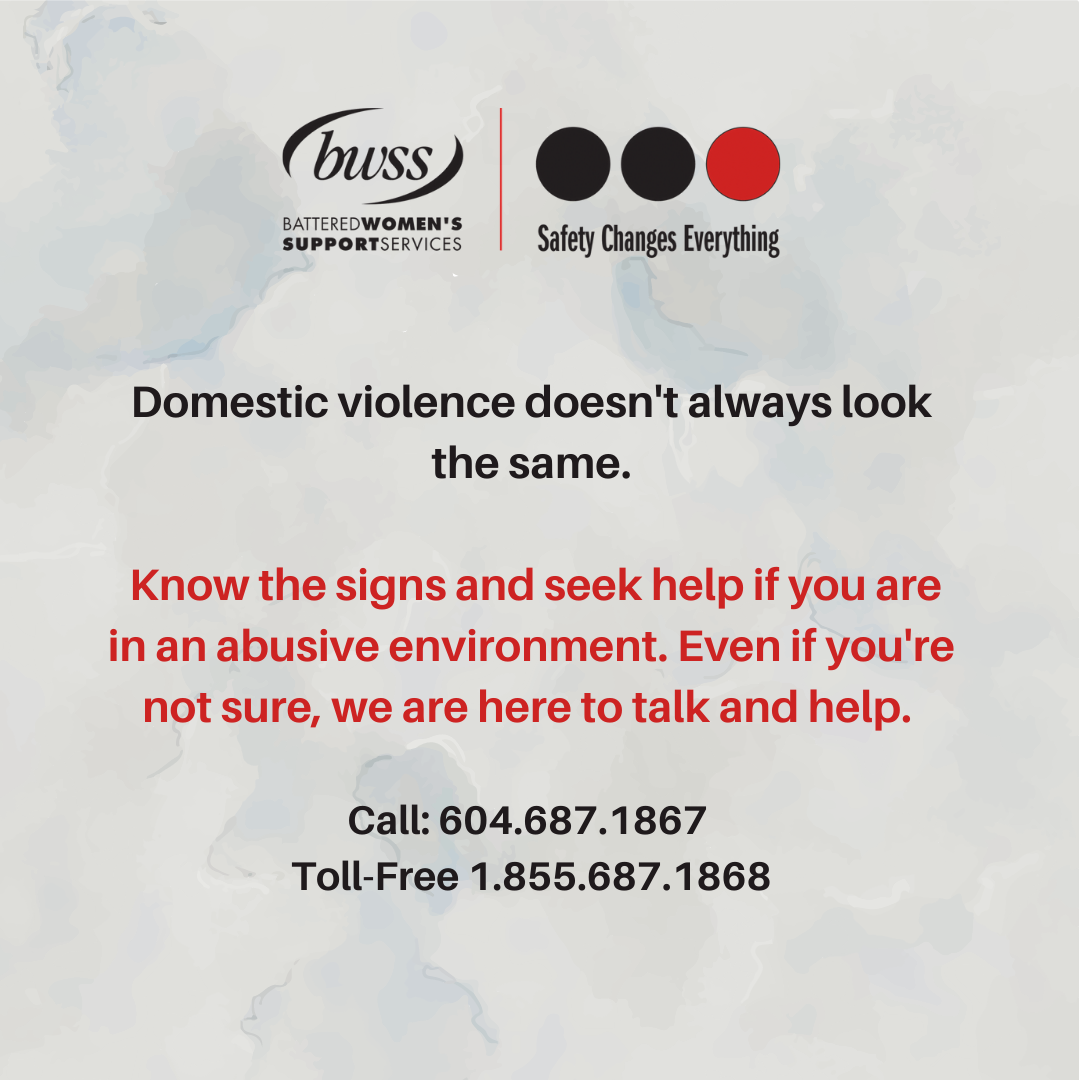31 Actions for Gender Justice: Action 12. Make Online Spaces Safer
We’ve created 31 Actions for Gender Justice to raise awareness, spark conversations and take action that transforms gender and power relations, and the structures, norms and values that underpin them. Every day for the month of March we will highlight an action that advances gender equity and justice for International Women’s Day (IWD).
Make Online Spaces Safer
31 Actions for Gender Justice: Day 12
Cyberviolence and online hate against women can have a more devastating psychological impact on victims than face-to-face interactions. Cyberviolence is often used by abusers to control women in abusive relationships or to anonymously attack women in marginalized groups and promote hate against women. Everyone deserves a life free from violence and this includes digital violence.
According to the Canadian Women’s Foundation, there has been an increase in hate crimes in Canada in recent years, which has been linked to “increasing expressions of hate in digital spaces, including those directed at women and 2SLGBTQ+ community, as well as highly targeted ethnic and religious groups”.
An online survey of 60 respondents by BWSS found that, due to cyberviolence:
- 48% of women surveyed experienced anxiety and 43% said their self-image was damaged.
- 40% reported that they withdrew from online activity.
- 30% felt shame and humiliation.
- 28% experienced isolation from friends and family.
- 13% reported “some impact on their job (losing their job, being unable to advance in job or being unable to find a new job).”
- 10% reported that they had thoughts of suicide and engaging in self-harm.
- 3.3% of women said that they had to move out of their community.
Anti-violence and violence prevention education from a young age is critical to change harmful attitudes and behaviours against women. It is especially vital in secondary schools, where the highly gendered nature of violence is often obscured by all-encompassing terminology. The term “bullying” for example, can mask sexism, racism, homophobia, and violent crimes like sexual assault.
Education must address gender inequity and emphasize the systemic and intersectional reality of oppression. By teaching young people that women are valuable, we can send the message that violence against them is unacceptable. This will make online spaces safer.
Recommended reading:
Is that legal? What the Law Says about Online Harassment and Abuse Multilingual versions available: Arabic, Chinese Traditional, Chinese Simplified, French, Punjabi, and Spanish. We all have the right to be safe online. This booklet describes four online situations you might find yourself in. We explain the laws for each one. We also say what you can do if you’re going through something similar, and where to get help.
The Facts about Online Hate and Cyberviolence Against Women and Girls in Canada, 2019. Canadian Women’s Foundation.
Cyberviolence Against Women, 2014. Battered Women’s Support Services.
